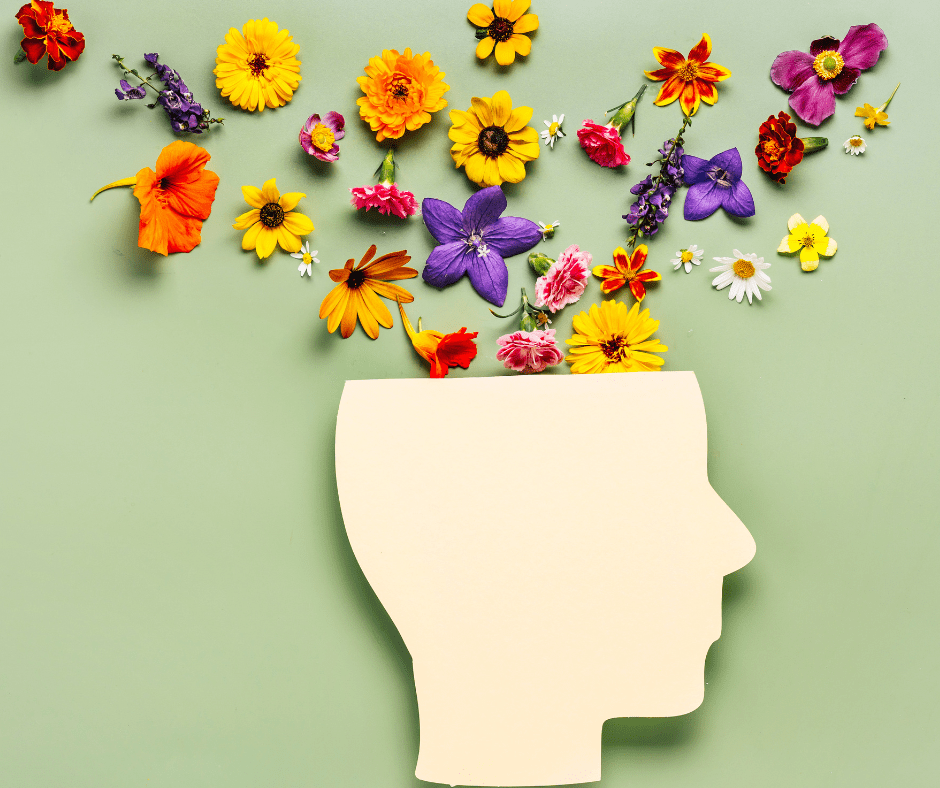By Payton Tholstrup
Photo from Canva
Mental health is influenced by more than what is happening in someone’s mind. Melissa Petesch, licensed Clinical Social Worker and owner of Rosewood Therapeutic Services in Clay Center, shared that the medications we take, the foods we eat, the people we spend time with, and our daily habits can all play a role in mental health.
“For example, not getting enough nutrient-dense foods can lead to deficiencies that impact energy, focus, and mood. Nutrients like Vitamin B, Vitamin D, magnesium, and omega-3’s are especially important for brain health,” said Petesch. If someone is experiencing mental health symptoms, it’s important to talk to a doctor first and rule out any other possible health conditions that could be contributing. One example of this could be blood sugar changes, which can lead to mood swings. Another factor could be caffeine and alcohol; when overused, both can disrupt sleep and cause anxiety.
Petesch explained that sleep is another critical component of mental health. “When we don’t get enough rest, our brain’s ability to regulate emotions decreases. That can leave us feeling more irritable, anxious, or reactive. Over time, chronic sleep deprivation increases the risk of developing anxiety and depression.”
A lifestyle that is too sedentary can also worsen mental health. Spending long hours indoors, especially in front of screens, can lead to emotional exhaustion and disconnection. She suggested incorporating intentional movement each day, even if it’s something small like walking in place or stretching for 10 minutes. “Consider reviewing your screen time and asking yourself: Is there something else I could be doing with some of that time that supports my well-being mentally, emotionally, or physically? Are there other people I could be connecting with?”
“If you find yourself struggling, take a look at your environment, who you’re spending time with, and your daily routine and see if there are some small changes you can make that might have some huge impacts.”













